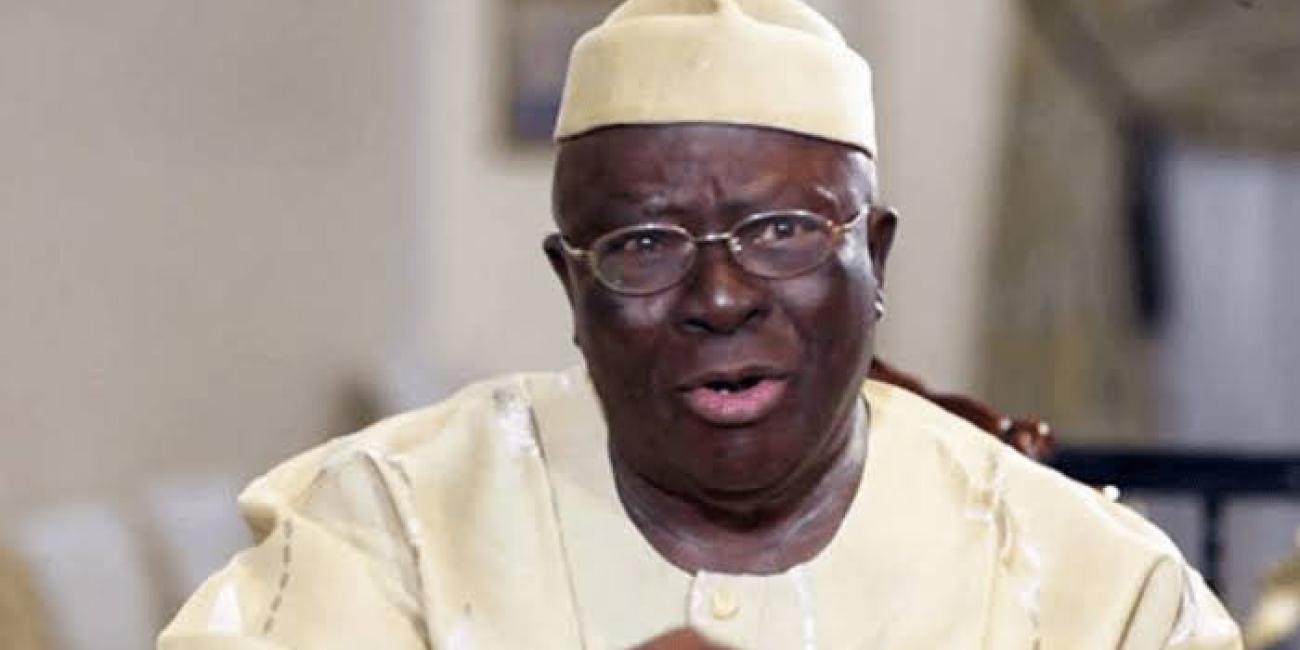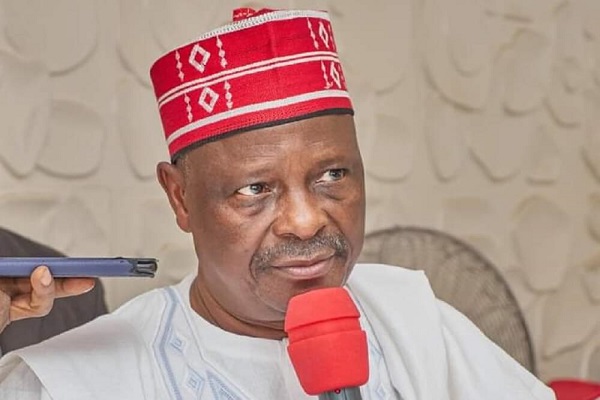PREMIUM TIMES
For the third time in his chequered political career, Atiku Abubakar, failed to win the presidential election as a candidate. He came a distant third in his first attempt in 2007 when he vied on the platform of the defunct Action Congress of Nigeria (ACN) as the departing vice president who fought a battle with his then principal, Olusegun Obasanjo. This time around, he came second but the taste of defeat is perhaps even more bitter because of what might have been.
In that first bid in 2007, many political observers did not give him any chance of winning because of the many hurdles – political and legal – that he had to surmount to even be on the ballot. He had little or no time to campaign and could not have even defeated the then-ruling Peoples Democratic Party (PDP) in the election if he had, essentially because the ACN was considered a regional party without a national appeal.
The candidate of the PDP, Umaru Yar’Adua, then outgoing governor of Katsina State, was declared the winner of the election by INEC. But the election is still considered one of the worst ever, based on the brazen malpractices which characterised it.
Even the declared winner, Mr Yar’Adua, a former Chemistry teacher from the famous Yar’Adua family of Katsina, acknowledged in a post-election speech that his victory was tainted but he held onto it with a promise to carry out electoral reforms that would help improve the country’s electoral process.
Atiku also tried to contest in 2011 and 2015 but did not go beyond the primary elections of the parties on whose platform he sought to contest.
Fast forward to 2019. The former customs operative and businessman had what in retrospect may now be considered his best chance to win the election because he ran on a formidable opposition platform – the PDP – at a time of raging insecurity and general disillusionment in the country over a poor economy, massive youth unemployment and surging inflation under a President Muhammadu Buhari who was seeking a second term in office.
Unfortunately, those who voted for the continuation of Mr Buhari in office were more than those who wanted Atiku, according to the official returns by INEC. And that was how his 2019 adventure collapsed like a pack of cards.
But before anyone could say Jack Robinson, the signs were there again, at least based on happenings within the PDP, that the serial contestant was going to throw his hat into the ring again in 2023, despite an intense clamour for the presidential ticket of the party to be ceded to the southern part of the country.
And true to the initial signs, Atiku vied for the ticket of the party which was thrown open and became the candidate for the 2023 elections. But this time, his nomination eventually left the PDP divided.
The PDP went into the election heavily divided and this seriously worked against its chances with Atiku being the biggest casualty, though he also contributed to the division in the party and its eventual failure in the election.
The factors
Three major factors contributed to his second-place finish in the election: the demand for power shift to the southern part of Nigeria, the disunity in the PDP and the Peter Obi factor.



